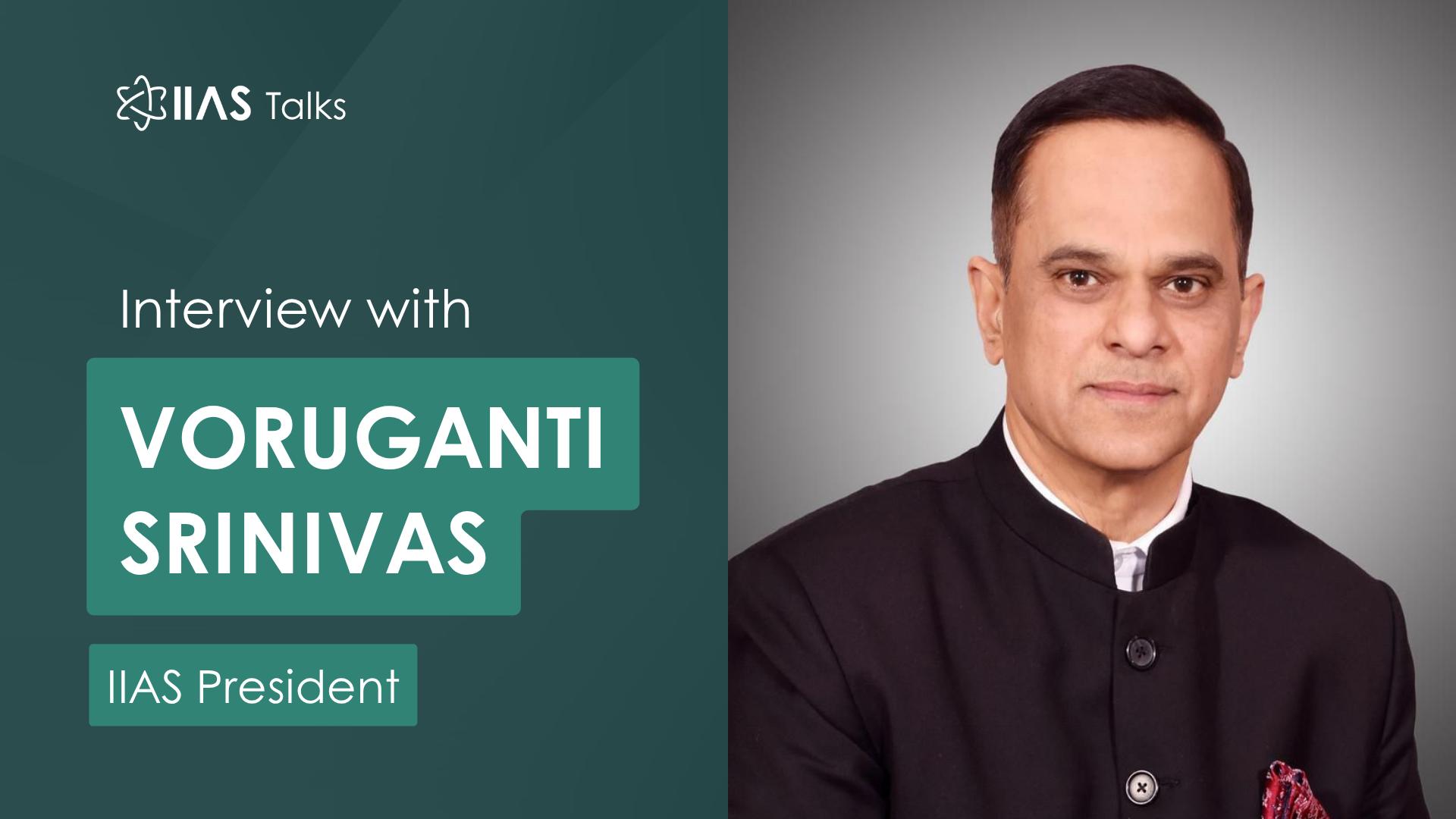
The Latin American Group for Public Administration (LAGPA), the regional branch of the International Institute of Administrative Sciences (IIAS), will host its 2025 Conference in Lima, Peru, from September 29 to October 1, 2025.
The European Group for Public Administration (EGPA) is hosting a new Citizen Participation Clinic on November 8, 2023, from 12:00 to 13:00 CET. The event will delve into the New England Town Meeting, a form of local governance that allows citizens to design, discuss, amend, and approve policy.
The New England Town Meeting is a form of direct democracy that continues to be used to this day. As communities grow and change, the town meeting has had to adapt and modify its processes. During the presentation, Sawyer Rogers (Syracuse University, United States & Hertie School, Germany) will give an overview of the town meeting, including its operation, forms, and governance structure. He will address how citizens co-produce services and how direct democracy shifted to direct democracy with ballot voting in New Hampshire. Preliminary, case-based findings, on the impact and effects of shifting from a direct democracy model to direct democracy with ballot voting will be shared.
Sawyer B. Rogers is in the Atlantis Program pursuing a Master's in Public Administration at Syracuse University and a Master's in Public Policy at the Hertie School in Berlin, Germany. He is a Founders Fellow at the American Association of Public Administration (ASPA) and recently finished teaching changemaking at Phillips Exeter Academy’s Summer Program. Rogers is from New England (US) and began his research on the town meeting following conducting a community assessment on his hometown of Kensington, NH (US). From there he has expanded his research to include town meetings in New Hampshire and other New England states. His research more broadly focuses on how communities that utilize direct democracy or have limited government operate, and how policy and process change is created or resisted in these communities. Sawyer is also knowledgeable about disability policy and statistics from his work at the University of New Hampshire Institute on Disability.
The Citizen Participation Clinic is an initiative of the EGPA Permanent Study Group VIII on Citizen Participation, co-chaired by Dr. Elke Loeffler (The Open University), Dr. Marlies Honingh (Radboud University), and Prof. Dr. Bram Verschuere (Universiteit Gent).
To attend the event, interested individuals can register at https://iias-iisa.org/egpa-citizen-participation-clinic/. The Zoom link will be sent after registration.

The Latin American Group for Public Administration (LAGPA), the regional branch of the International Institute of Administrative Sciences (IIAS), will host its 2025 Conference in Lima, Peru, from September 29 to October 1, 2025.
_20250827135952.png)
During the IIAS Presidential Address during the Opening Ceremony of EGPA 2025 Conference, the IIAS President outlined the 5 commitments for vision EGPA@60.

18 August 2025
The International Institute of Administrative Sciences (IIAS) is delighted to share an exclusive video interview with its newly elected President, Srinivas Voruganti. In this insightful conversation, President Voruganti outlines his vision, priorities, and strategic plans to guide IIAS toward becoming a future-ready, inclusive, and globally connected institution.